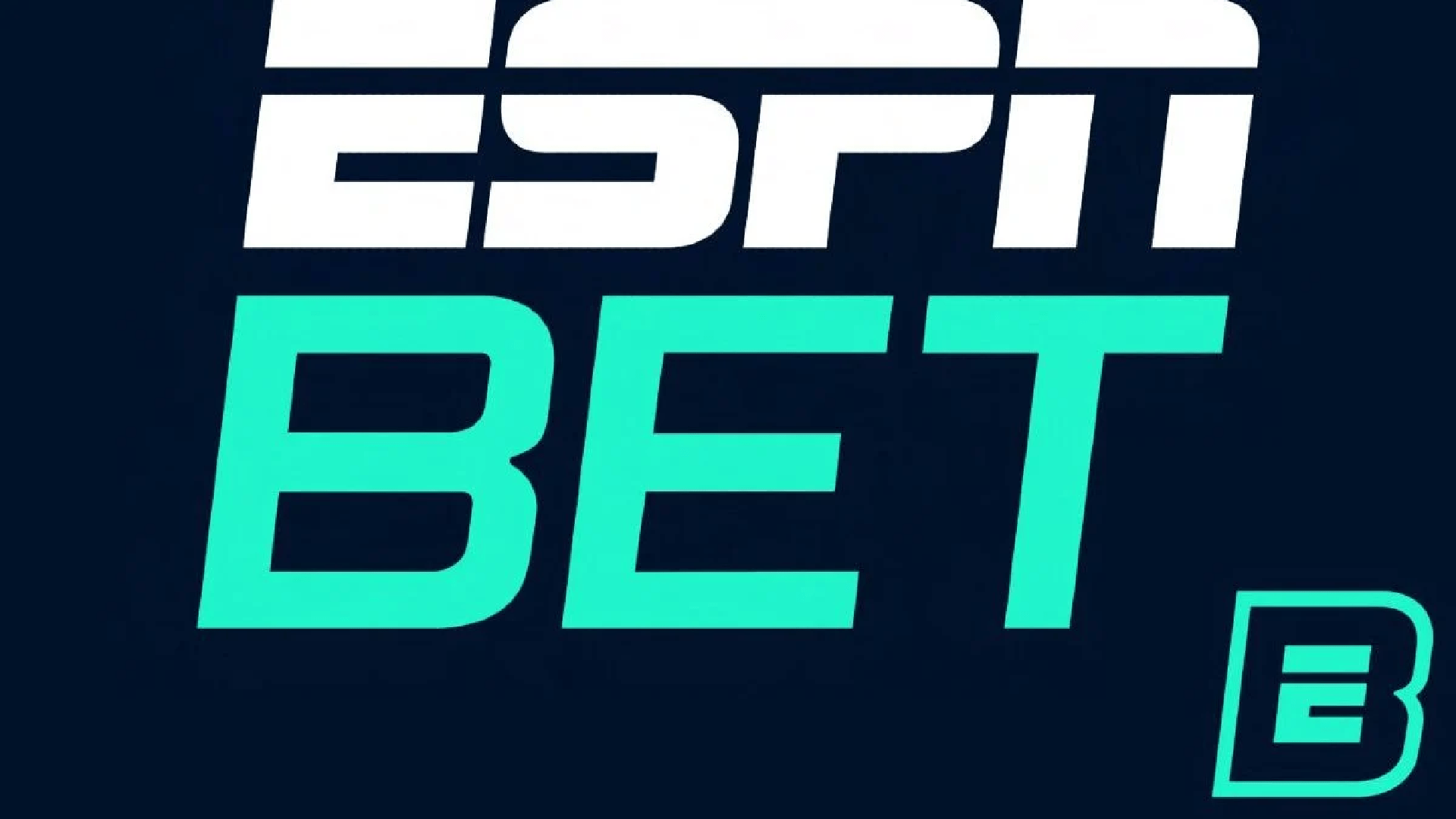
On Friday evening, Penn National Gaming (NASDAQ: PENN) reacted to a report published earlier that day by Institutional Shareholder Services (ISS), which advised the gaming company's shareholders to support a dissident slate of directors suggested by hedge fund HG Vora.
The parent company of ESPN Bet highlighted its support for Johnny Hartnett and Carlos Ruisanchez — two candidates suggested by Vora — for board membership but reiterated its justification for rejecting William Clifford’s candidacy. Penn pointed out that ISS mentioned in its report that the gaming company’s board “seems to have thoughtfully considered all three dissident nominees.”
Clifford, identified by ISS as having relevant gaming industry experience, has connections to Penn, having formerly worked as the operator's chief financial officer. That seems to be what’s obstructing his candidacy. In reply to the ISS report, Penn noted that Clifford opposed changes, and after he departed from that position in 2013, those adjustments were implemented, leading to “substantial margin enhancement.”
Clifford Considers "Outdated," Claims Penn
Since Jay Snowden took over as CEO of Penn in January 2020, the company has worked to shift from a passive regional casino operator to a progressive online gaming entity. Failures in that area are key to Vora’s case for three board positions, and it seems Clifford is inclined to agree with the hedge fund’s viewpoint.
"Mr. Clifford demonstrated antiquated views of a rapidly changing industry, and the same posture of resistance to exploring value-generating solutions, which we believe would hinder constructive decision-making,” according to Penn’s statement.
Vora has shown disappointment that Penn decreased the director seats available for election at the June 17 annual meeting from three to two, labeling it an “insult” to shareholder democracy. In its statement on Friday, the casino operator emphasized that it sought an amicable settlement with the money manager, but those attempts were unsuccessful.
“PENN attempted multiple resolutions with HG Vora, but all of our resolution attempts were rejected. Given HG Vora’s violation of its institutional waivers by multiple state gaming regulators, our ability to allow HG Vora to influence the governance of the Company beyond the evaluation of the nominees was expressly prohibited,” according to the press release.
Penn Claims It Has Promptly Revamped Board
Penn mentioned that after the next annual meeting, 75% of its directors, including Hartnett and Ruisanchez, will have been appointed to the board since 2019. Although that denies any claim of the board being stale, it probably won't satisfy Vora and other dissatisfied investors.
Another significant point for change by the hedge fund at Penn is that the board has been complicit in catering to Snowden’s online sports betting desires, enabling him to guide Penn into a sequence of deals that some investors consider were poorly chosen, resulting in losses surpassing the company's current market value. There has been minimal payoff from those investments, as ESPN Bet — Penn's newest sports wagering initiative — holds minimal market share in the US.
Possibly strengthening Vora’s case is the fact that while Penn’s board has experienced significant changes since 2019, Snowden took charge in 2020, promptly aiming to enter the online sports betting sector. Vora has noted that since Penn's stock reached its peak in 2021, it has fallen significantly while the board approved substantial compensation packages for the CEO.










